The views expressed in our content reflect individual perspectives and do not represent the authoritative views of the Baha'i Faith.
These days, more and more people are identifying with the term “feminist” to show their support for women. While there is an increased popularity in being a feminist and proclaiming the equality of men and women, I have noticed that in trying to achieve equality, many people either purposefully or accidentally use oppressive standards that can turn into subtle forms of misogyny. Despite their popularity, feminism and gender equality often go misunderstood.
One of the most persistent questions I have had in my thinking about these things is: Does feminism mean holding women to the same skewed standards we’ve historically held men?
The Baha’i Writings emphasize the need for humanity to end the oppression of women so that we can address other issues in our society. In his book “The Promulgation of Universal Peace,” Abdu’l-Baha, the son of Baha’u’llah, the prophet and founder of the Baha’i Faith, wrote: “The world of humanity consists of two parts or members: one is woman; the other is man. Until these two members are equal in strength, the oneness of humanity cannot be established, and the happiness and felicity of mankind will not be a reality.”
It can be hard to understand how different issues interconnect. The widespread oppression of women has all kinds of effects that we aren’t aware of because we’re so used to an unjust reality. For example, Abdu’l-Baha explained that warfare is tied to gender inequality. He said that “equality between men and women is conducive to the abolition of warfare for the reason that women will never be willing to sanction it… There is no doubt that when women obtain equality of rights, war will entirely cease among mankind.”
In contrast, I have seen people push for women to behave in ways men are socialized to act. Men are often socialized to act emotionlessly, over-assertively, and aggressively instead of seeing emotional vulnerability, empathy, and kindness as strengths. Likewise, emotionally available or stereotypically “feminine” women are often seen as less worthy of respect, or “less progressive.”
Regardless of how they present themselves to the world, women receive judgment based on the choices they make in their work, their personal and professional relationships, or the way they dress. Similarly, they might feel pressured to be less emotional or behave in sexually exploitative ways — just as men have historically been encouraged to do — as proof that they are “liberated” from the oppression they face.
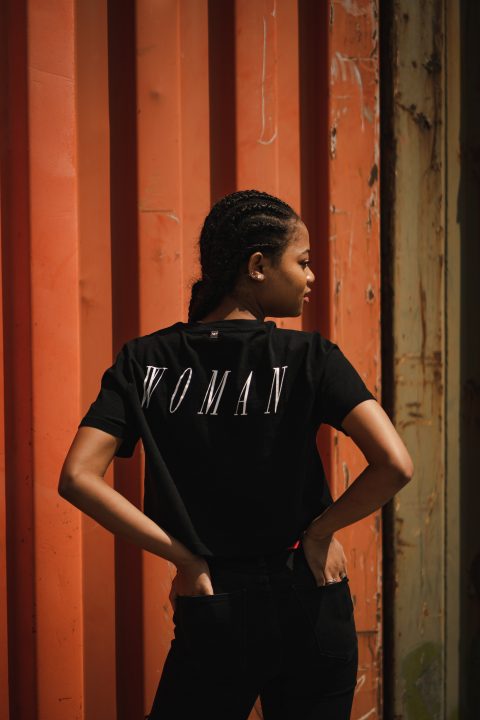
Instead of embracing and valuing the wide diversity of personalities all people can have, people mistake equity as holding the same skewed standard for everyone This misunderstanding of feminism just creates a new box around women.
The Baha’i Writings say that as stereotypically feminine values come to the center of our society, many of the world’s issues will begin to heal: “The happiness of mankind will be realized when women and men coordinate and advance equally, for each is the complement and helpmate of the other.”
This requires ending another subtle form of misogyny: when women’s comments are pushed aside or consistently left unaddressed in conversations, simply because they disagree with men’s opinions. When it comes to communicating empathetically and compassionately about their rights, women aren’t meant to carry the brunt of the work.
The Baha’i Writings encourage folks of all different backgrounds and identities to step up to the plate. While men are often socialized to be more combative, stubborn, and argumentative than women, they can work towards more gentle and careful forms of communication, uplifting the voices of women and beginning to bridge the gap between genders.
Abdu’l-Baha explained in a speech in 1911: “In order to find truth we must give up our prejudices, our own small trivial notions; an open receptive mind is essential. If our chalice is full of self, there is no room in it for the water of life.”
When we accept that our gender isn’t tied to our true essence, it becomes easier to move past antiquated gender roles and sharp divides between masculinity and femininity. Our souls do not hold a gender. As Abdu’l-Baha said in a speech in 1912, “In the estimation of God there is no gender. The one whose deeds are more worthy, whose sayings are better, whose accomplishments are more useful is nearest and dearest in the estimation of God, be that one male or female.”


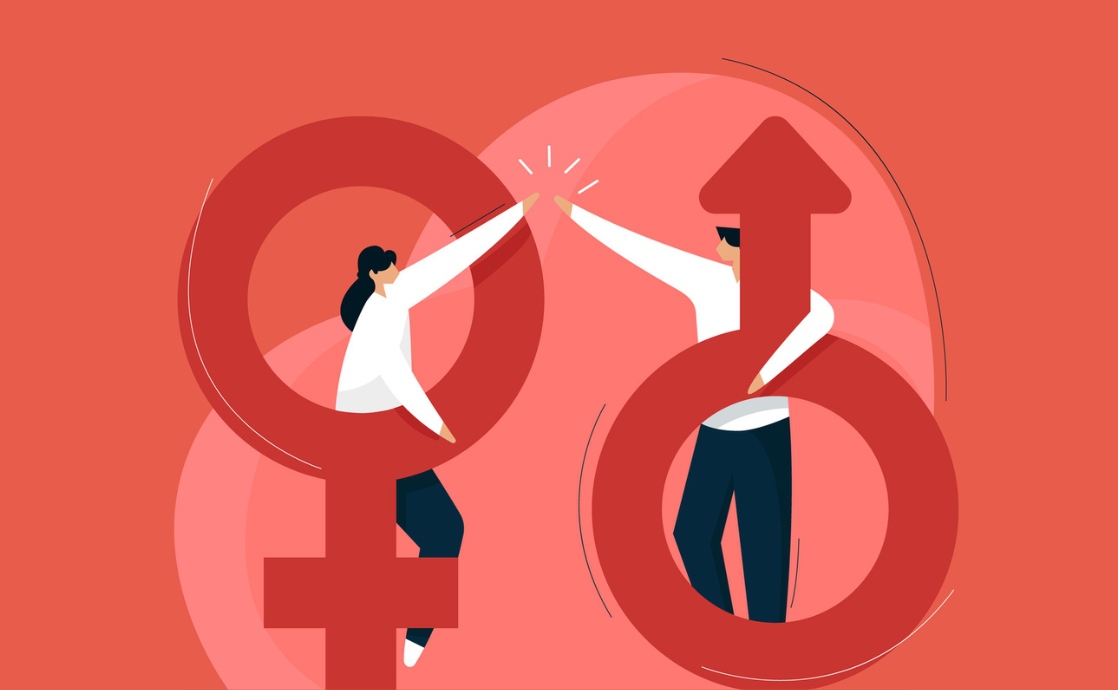

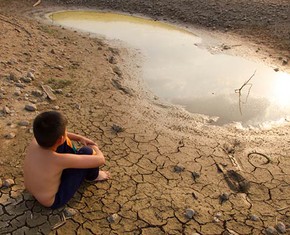
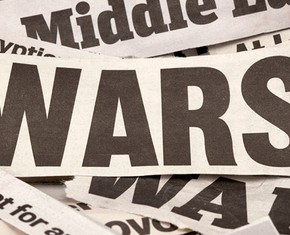
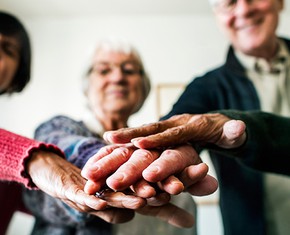









Comments
Sign in or create an account
Continue with Googleor